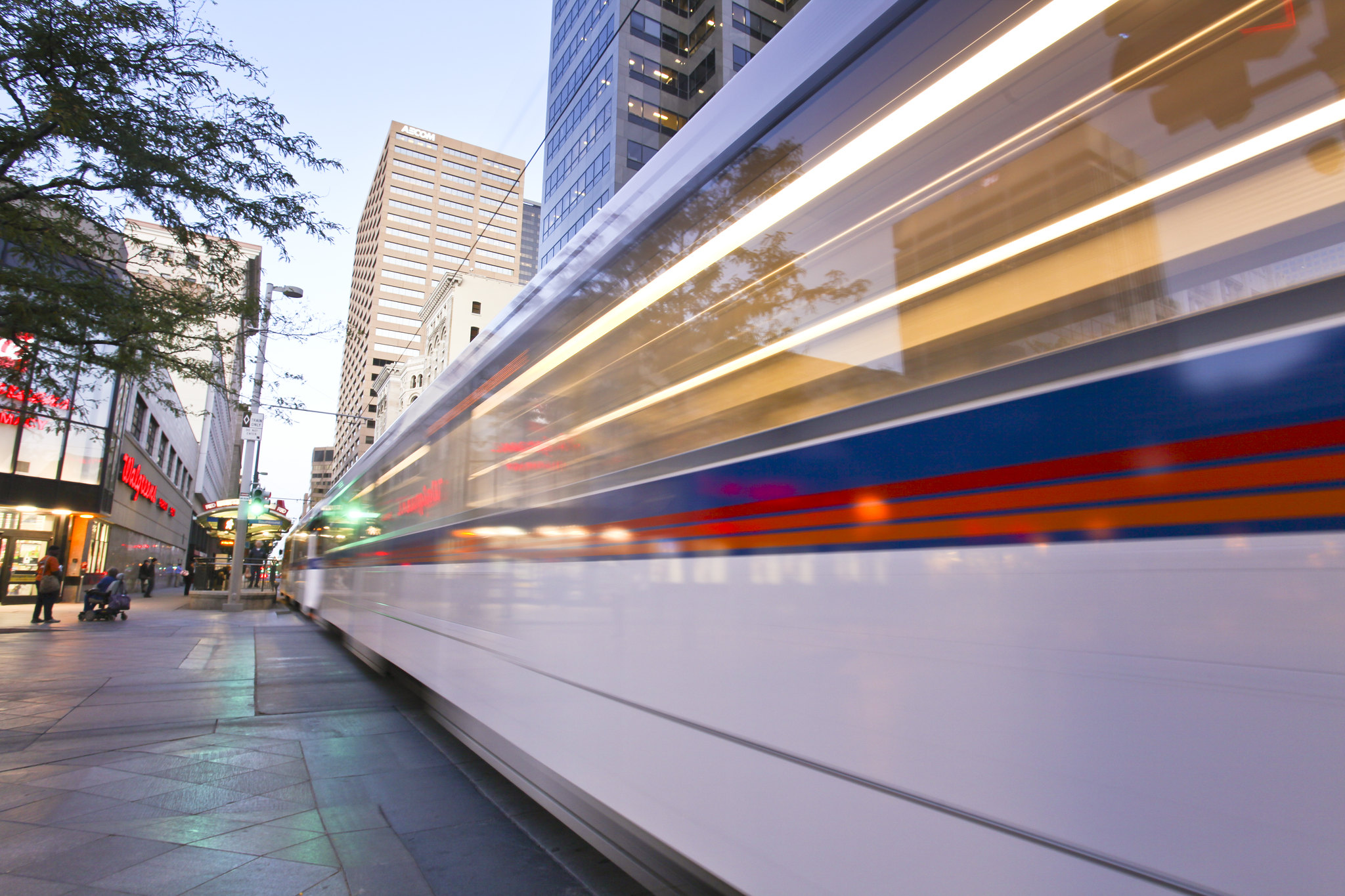
Zero Emission Vehicle (ZEV)
Ad Hoc CommitteePurpose
RTD Ad Hoc Committees serve up to a one-year term to investigate opportunities for policy updates. In 2022, Chair Buzek formed the Zero Emission Vehicle (ZEV) Ad Hoc committee to research options for a policy to increase RTD’s Electric Bus fleet, from the current Free MallRide all electric fleet or alternatives. This page is a reflection of the of the committees work and shared resource of information gathered.
Goals
Recommend to the RTD Board of Directors a policy or set of policies to transition RTD to a zero emission fleet and reduce its Scope 1, Scope 2, and Scope 3 greenhouse gas (“GHG”) emissions as an entire agency using the Greenhouse Gas Protocol.
As defined by the Greenhouse Gas Protocol:
- Scope 1 GHG emissions are those emissions that are directly released and created by the Agency.
- Scope 2 GHG emissions are those emissions that occur as a consequence of supplied electricity, heat, steam, and/or cooling.
- Scope 3 GHG emissions are those emissions that occur as a result of activities taking place at the Agency. These are typically emissions that are created as part of the supply chain
Draft Policy will address
- Date by which RTD will fully transition to a zero GHG emission fleet with requirement for GM/CEO to establish interim goals for GHG reduction, which shall be no later than 2050.
- Management
- Establish Baseline
- Fleet assessment
- Interim goals, in partnership with Board, based on baseline, fleet assessment, and technology
- Management
- Last date of RTD’s procurement for GHG emitting vehicles.
- How often the policy should be revisited and updated
Strategic Priorities Alignment
Community Value - RTD strives to be a strong community partner, providing value to customers as well as to the broader Denver metro region while sustaining planet Earth. The community around us regularly strives to reduce carbon output. A transition to ZEV allows RTD to move with our community stakeholders in a transition away from GHG emitting vehicles and the fossil fuel industry.
Customer Excellence - RTD strives to consistently deliver high-quality customer service. Customers regularly ask for more sustainable vehicles. Many ZEVs require less maintenance, allowing vehicles to stay in use for longer without the same maintenance.
Employee Ownership - RTD seeks to attract and retain a highly skilled and engaged workforce. The transition to Zero Emission Buses and a more efficient agency requires cross training, training of new skills, and preparing a workforce for the future instead of holding them in the past.
Financial Success - RTD takes very seriously the management of all financial resources. While the upfront investment in renewable sources, energy efficiency, low emission buses may be higher than using traditional sources, many of these same investments save funds in the long run through reduced future costs. Over time, this allows RTD to make investments now that will last through our future.
Other Agency Plans
Washington Metro – Zero Emission Bus – 100% transition by 2045, transitioning 1,500 buses
Los Angeles Metro – 2,230 buses by 2030
San Francisco (SFMTA) – Net Zero Emissions by 2040 for all of San Francisco, Zero Emission Fleet by 2035
Chicago (Pace) – Zero emission by 2040
Seattle (King County Transit) – Zero emission fleet powered by renewables by 2035
New York City – Zero emission fleet by 2040